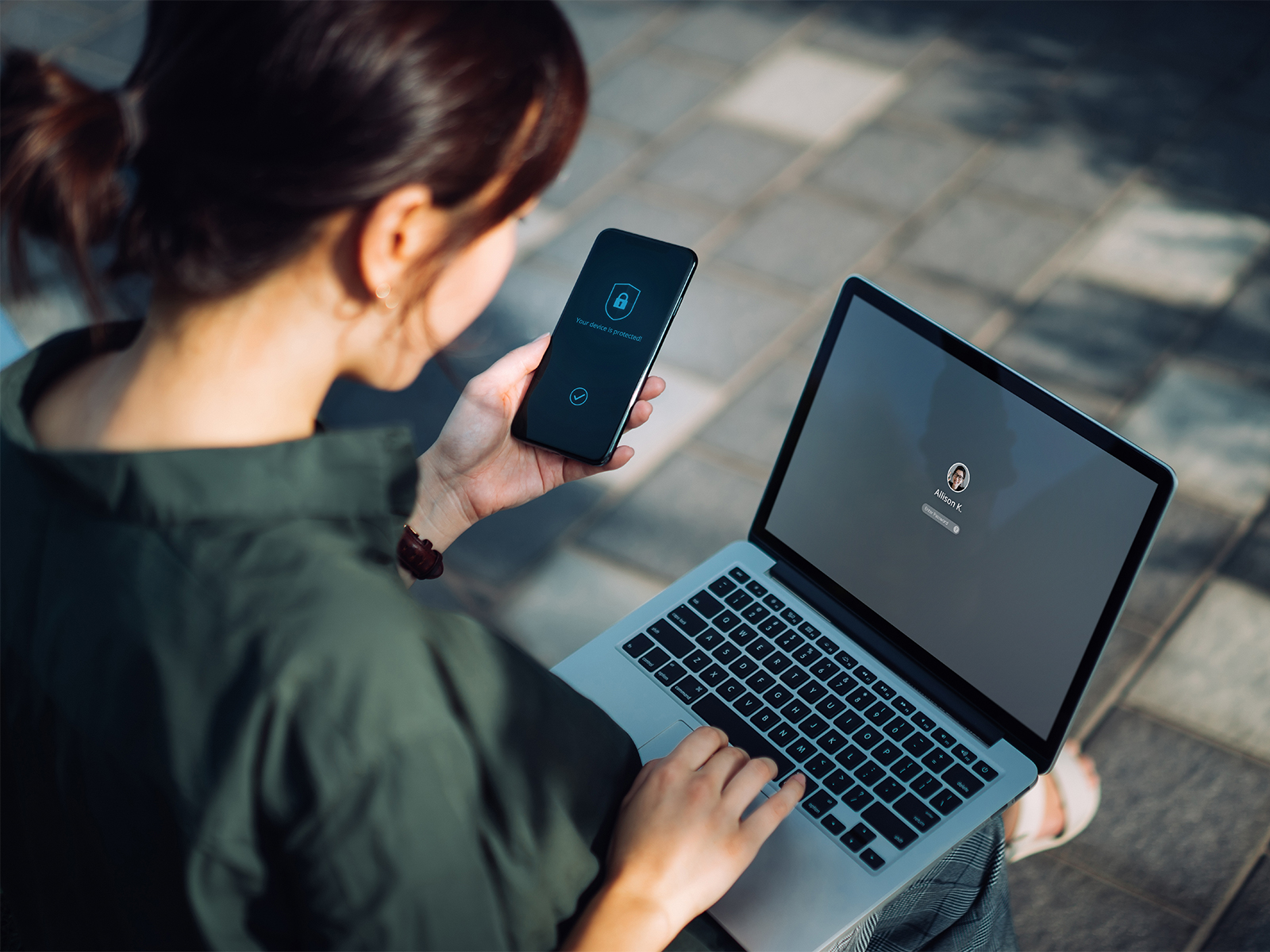What to do if you've fallen victim to credit card fraud
If you have a credit card, you're at risk of credit card fraud. It can happen while you're out shopping, making a purchase through the phone, or even while you're at home doing nothing at all. By understanding how it can happen to you, you can arm yourself with the knowledge to prevent it, react to it if it does happen, and ultimately safeguard your funds.
We spoke to one consumer who had the misfortune of having her credit card hacked not once, but twice. She has since taken steps to prevent this from happening a third time.
How fraud can happen
Credit card fraud commonly occurs when someone steals your information. This can happen a number of different ways, including by hacking your computer, swiping your card through a device that copies information, or posing as a company looking for credit card information.
Heidi from Toronto had a recent experience with fraud through a popular online marketplace. She describes being at work one day and hearing her phone ping nine times in a row.
"I thought it must have been an emergency," she notes.
Heidi immediately saw that her merchant account, which had her credit card information stored within it, had been used to purchase various items from vendors across the globe, including a crochet lamp shade, Gaelic hair clips, and ceramic pet bowls.
When she tried to contact each vendor, she noticed that their online storefronts had no information about them and no previous sales. She suspected that they were all fraudulent accounts set up for the purpose of receiving funds. “I was stuck with purchases that totaled over $800," said Heidi.
Steps you can take when you've fallen victim to fraud
If you suspect that your card has been compromised, it's crucial that you immediately call your financial institution. This might sound obvious, but it's easy to forget the most basic steps when panic and stress take over.
Heidi noted that after speaking with her credit card company and explaining everything that happened, the suspicious charges were waived.
If you become a victim of fraud, be sure to take careful notes and keep any relevant documents and emails. These will be important when reporting the fraud to your credit card company or the local police. Fraud should also be reported to the Canadian Anti-Fraud Centre, a central Canadian agency that collects information about economic crime.
How to prevent fraud
There are a number of steps you can take to significantly reduce the risk of fraud.
“One thing I am never going to do again is pre-load my information onto any website," said Heidi. “It adds a layer of security with the added bonus of making me think twice about my purchases."
Heidi, who also experienced fraud previously through her PayPal account (involving over $200 in illegal wire transfers), now takes a number of precautionary measures to reduce the risk of another occurrence of fraud. In addition to never pre-loading her information online, she also sets up two-step authentication any time it's presented as an option.
Other steps you can take to prevent the risk of fraud include:
- ensuring no one can see your PIN when you enter it at a terminal
- avoiding saving your credit card information (auto-populate) even on secured websites
- destroying old credit cards
- shredding statements (if you still receive paper statements)
- only shopping online through secured websites (look for the lock icon on your browser or a URL that begins with "https:")
- logging out from e-commerce sites once you're done shopping
- avoiding giving out your credit card information in a public space
- keeping anti-virus software up to date.
You can also turn on email or text notifications for every transaction, so you're more likely to quickly be warned of any fraudulent ones.
Falling victim to fraud can be stressful and scary. Take the time to arm yourself with information and take the appropriate steps towards prevention. You can find more information about credit card fraud on the Government of Canada website.










